18 Best Software Development Tools in 2026

Sorry, there were no results found for “”
Sorry, there were no results found for “”
Sorry, there were no results found for “”

Building software is no small feat. From writing code and debugging errors to managing projects and ensuring seamless collaboration, software development demands precision and focus at every stage.
A single misstep—flawed code, poor version control, or inefficient workflows—can derail the entire software development process.
Advanced tools with intuitive interfaces, version control systems, and automated testing features streamline your workflows, ensure code quality, and boost team collaboration.
In this post, we’ll explore the 18 best software development tools of 2025 to enhance your projects, from web development to agile management. Read on! 🚀
Key Insight: The software development market is projected to reach $1039 million by 2027.
Here’s a quick overview of the best software development tools:
When selecting software development tools, focus on features that improve efficiency, simplify collaboration, enhance code quality, and support seamless project management.
Here are some critical features to prioritize:
🔎 Did you know? The very first computer “bug” wasn’t a glitch in the code but an actual insect! 🐜 In 1947, at Harvard University, a real moth got stuck in the relay of the Mark II computer, causing it to malfunction. This bizarre incident is where the term “bug” for a software error was born!
Here are 18 tools that optimize workflows and empower software development teams to build and deliver exceptional products:
As the everything app for work, ClickUp is designed to optimize software development and project management workflows.
Whether it’s managing tasks, collaborating with teammates, or automating processes, ClickUp serves as a central hub that adapts to the specific needs of software developers. Its versatility has made it a go-to tool for development teams, helping them streamline operations, enhance collaboration, and accelerate project delivery.
ClickUp’s Software Development Tool centralizes all your workflows—task tracking, product roadmaps, bug reporting, and more—into one intuitive platform. This means teams can easily track tasks, manage timelines, and collaborate on code in real time.
💡 Pro Tip: Are you struggling to overcome common software development challenges? Here are five actionable strategies to tackle the toughest challenges:
ClickUp Agile Software Development tool offers features that cater to Scrum, Kanban, and hybrid workflows, enabling software teams to easily manage sprints, backlogs, and product roadmaps.
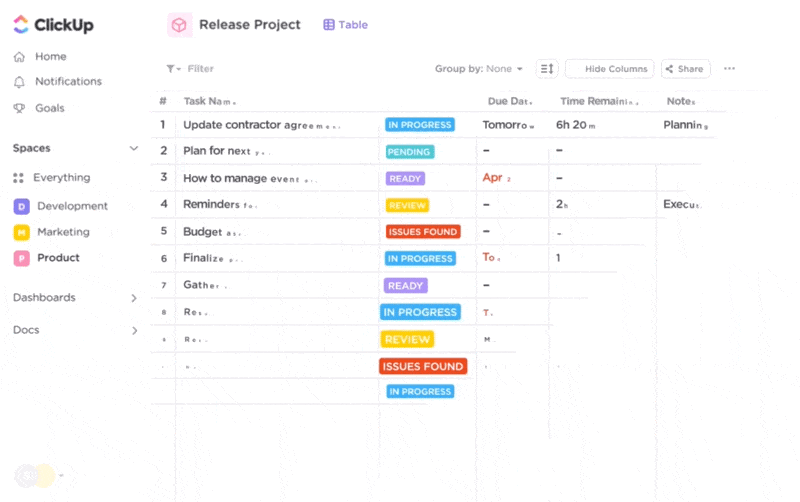
ClickUp’s Kanban Board View helps teams track the status of tasks across development stages, while the Timeline view makes it easy to spot and resolve dependencies before they become bottlenecks.
Additionally, with ClickUp’s Sprint Tool, you can simplify sprint planning with multiple features. Sprint points help with workload management, burndown charts for tracking progress, and automatic spillover of unfinished tasks to the next sprint.
ClickUp also provides customizable templates, making it easy to adjust workflows to fit your team’s needs and simplify your development process.
For example, the ClickUp Software Development Template optimizes workflows across various stages of the software development lifecycle. Whether you’re building a Product Roadmap, tracking features, or fixing bugs using Agile Scrum or Kanban, this template keeps everything organized in one place.
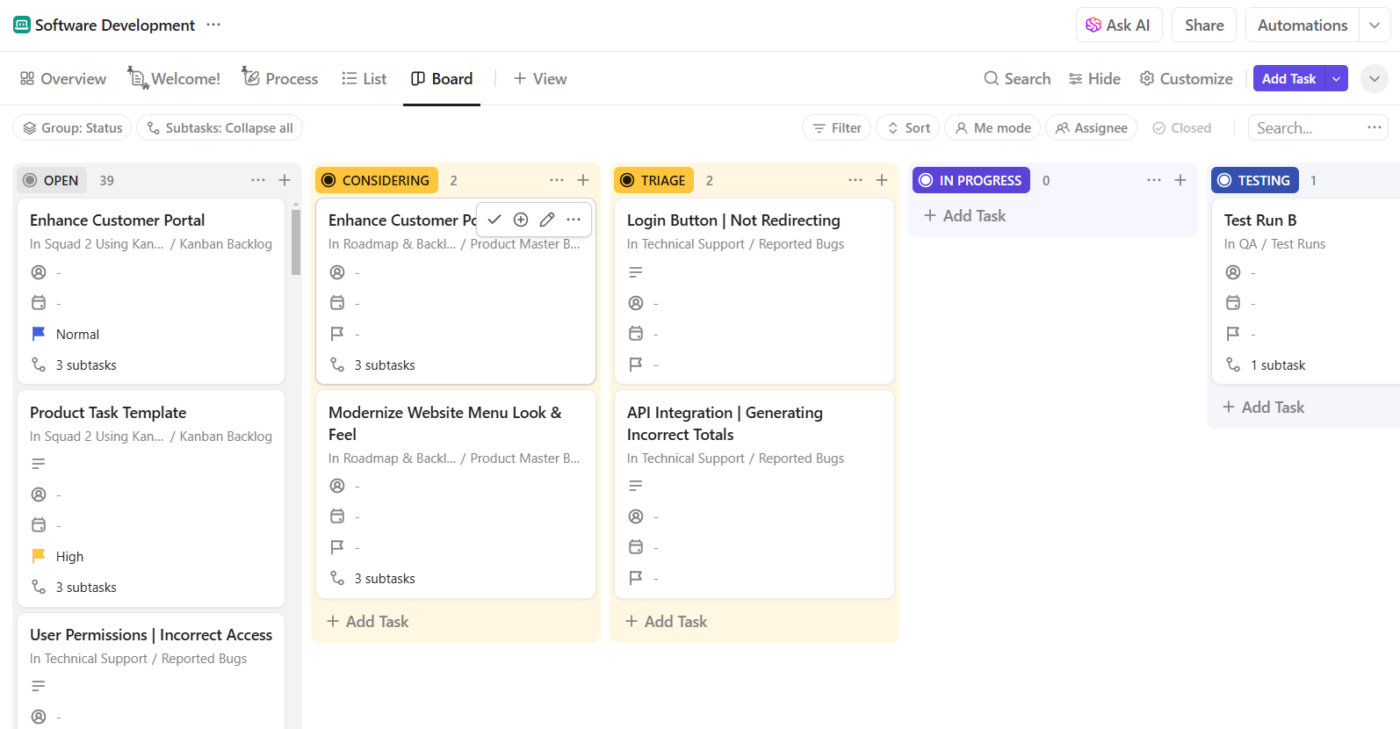
Ideal for: Tech companies, startups, and enterprise development teams managing software projects, sprint cycles, product roadmaps, and quality assurance workflows.
➡️ Also Read: Free Software Development Plan Templates
Here’s what a G2 review has to say about ClickUp:
Clickup has been the most straightforward and easy to setup project management tool for us. Task tracking is super easy with lots of granular details. Sharing with teams and inviting new members to collaborate to the board and task is super easy. Integration with 3rd party tools is also possible with many apps available.
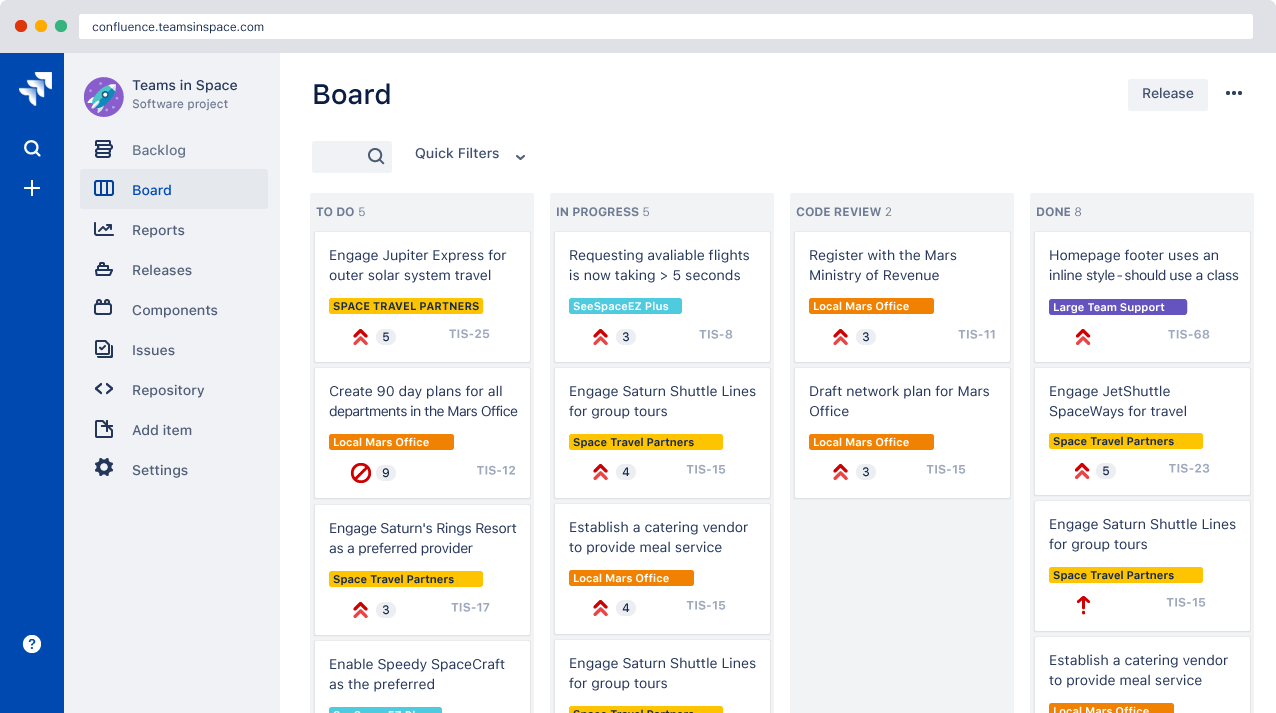
Jira, by Atlassian, is renowned for its customizable workflows, allowing you to tailor processes to fit your team’s needs. With features like Scrum and Kanban boards, you can visualize tasks and monitor progress in real-time.
Developers and project managers use Jira to report and resolve bugs, enhance collaboration, assign tasks, and ensure timely delivery.
➡️ Read More: Agile Software Development Life Cycle (Ultimate Guide)
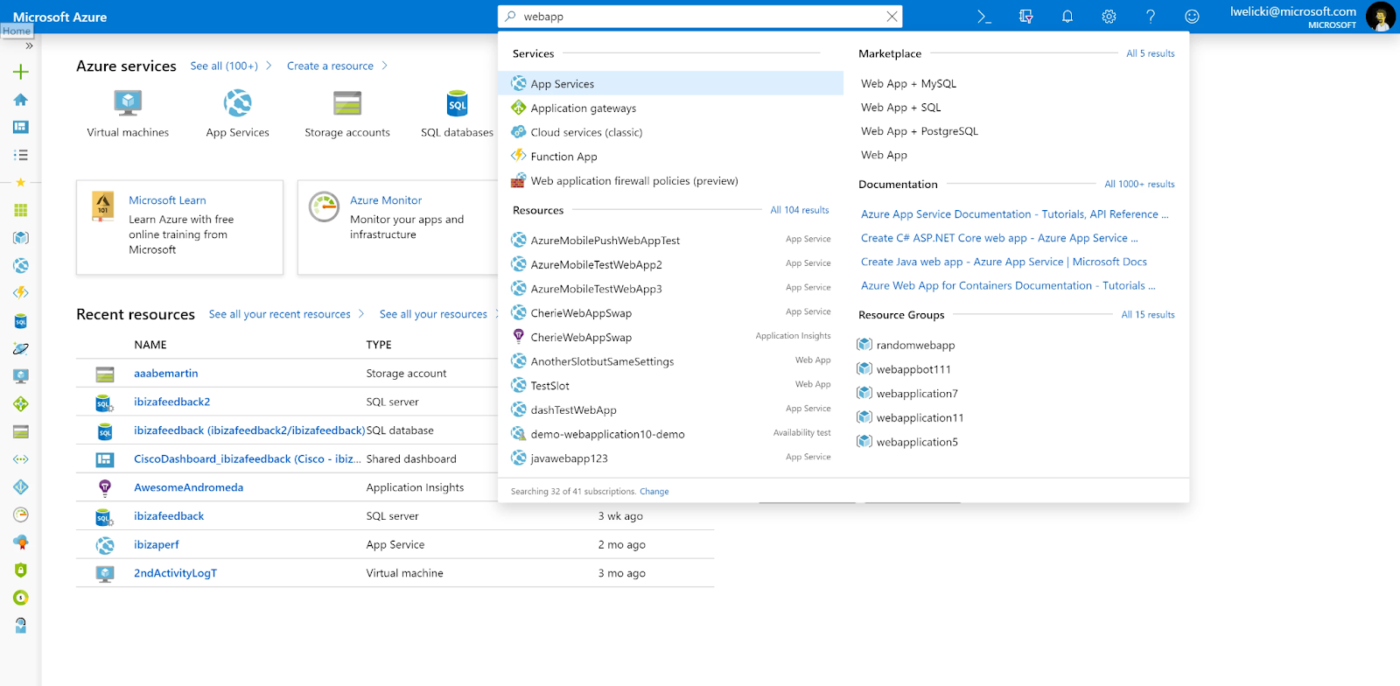
Microsoft Azure is best for virtual machines, databases, and AI capabilities. It has everything you need to build and run apps in the cloud, from simple websites to complex AI projects.
For instance, you might use Azure’s AI services to add image recognition features to your app, enhancing the user experience.
Let’s see what a Capterra review has to say about Microsoft Azure:
My experience with Microsoft Azure has been highly positive. It’s a powerful cloud solution that provides flexibility and reliability for both small projects and enterprise-level applications.
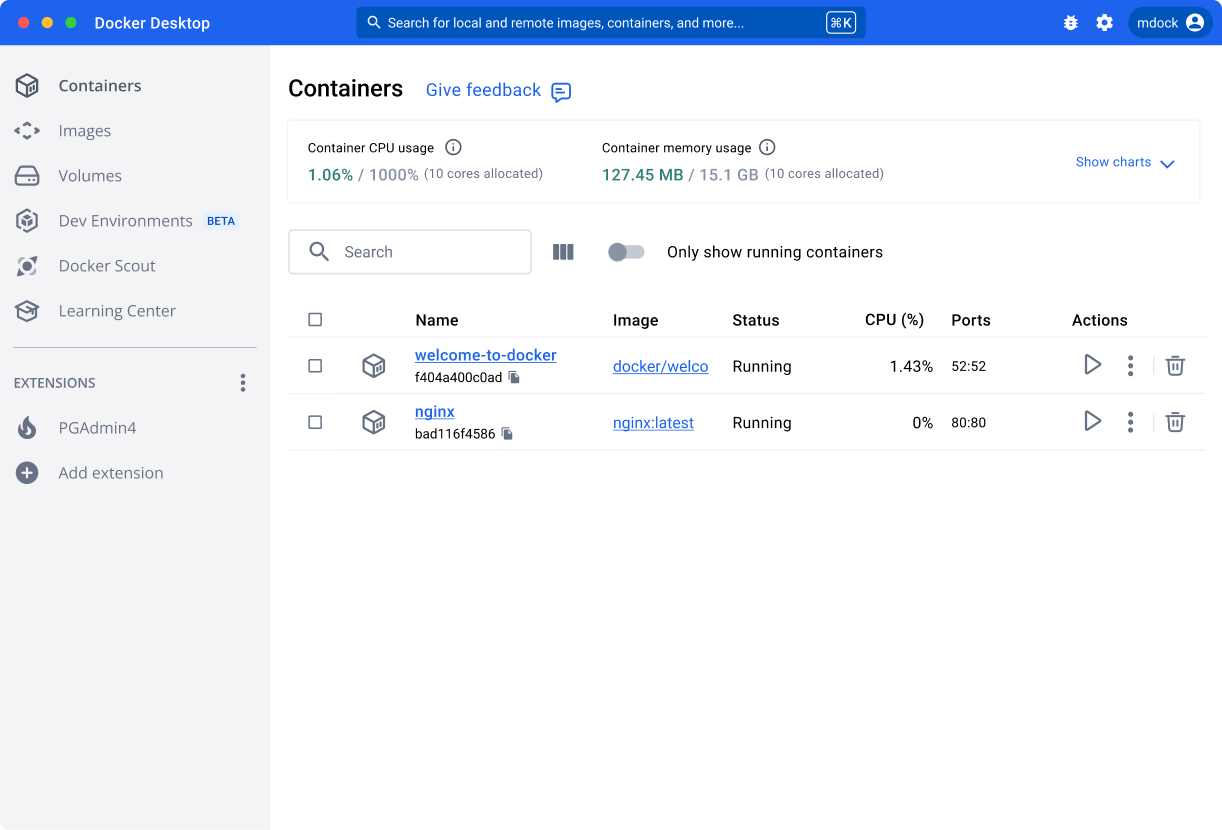
Docker is a software development platform that enables you to develop, ship, and run applications inside containers. It streamlines the deployment process, allowing applications to run seamlessly on various systems.
Docker allows you to containerize a web application to ensure it runs the same on your local machine as it does in production, reducing the “it works on my machine” problem.
➡️ Also Read: The 7 Lean Principles To Help Your Software Development
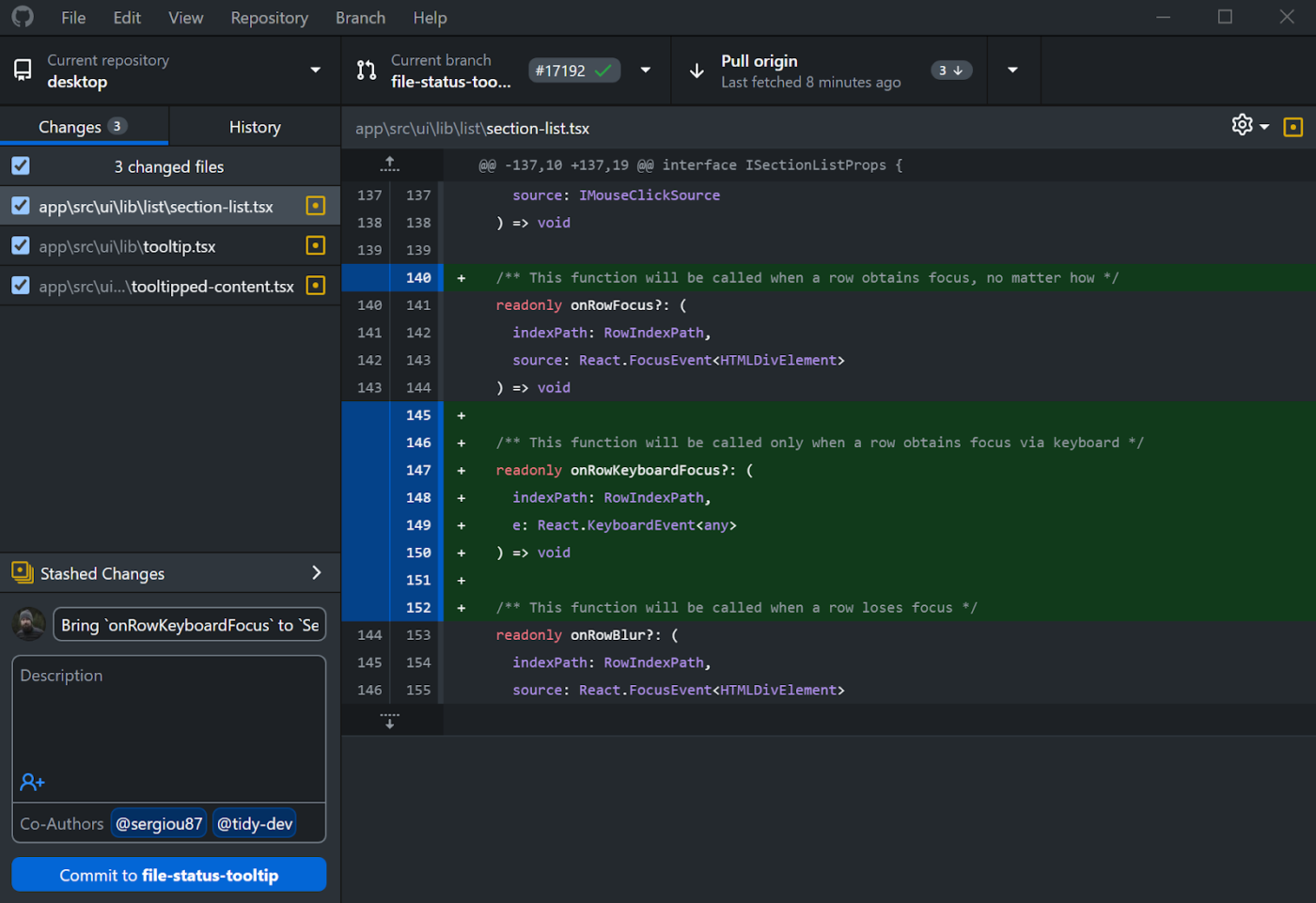
GitHub is a platform for developers to host and share code, collaborate on software development projects, and track changes. Its powerful version control system lets you easily revert to previous code versions.
Features like pull requests and code reviews foster teamwork and improve code quality. You can also use GitHub to manage tasks, track bugs, and keep your projects organized.
➡️ Read More: A Day in the Life of a Software Developer
Here’s what a Capterra review has to say about GitHub:
GitHub facilitates collaborative development by providing a platform for version control, collaboration, and code review. Multiple contributors can work on the same project simultaneously, contributing to a more efficient and organized development process.
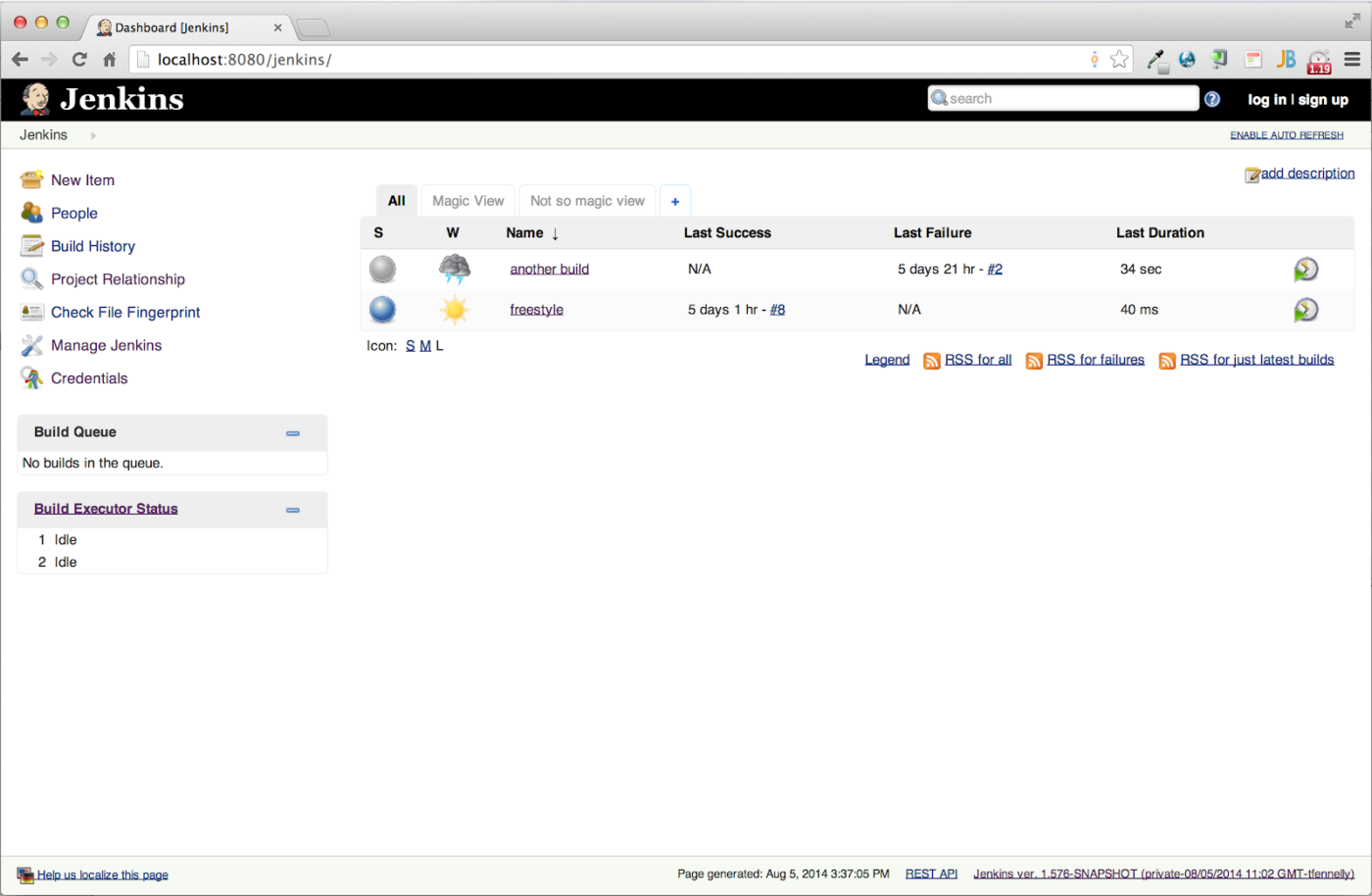
Jenkins is an open-source automation server that helps you automate parts of your software development process, such as building, testing, and deploying code. It allows you to set up continuous integration and delivery (CI/CD) pipelines, ensuring your code is always in a deployable state.
➡️ Read More: Continuous Deployment Tools for Software Teams
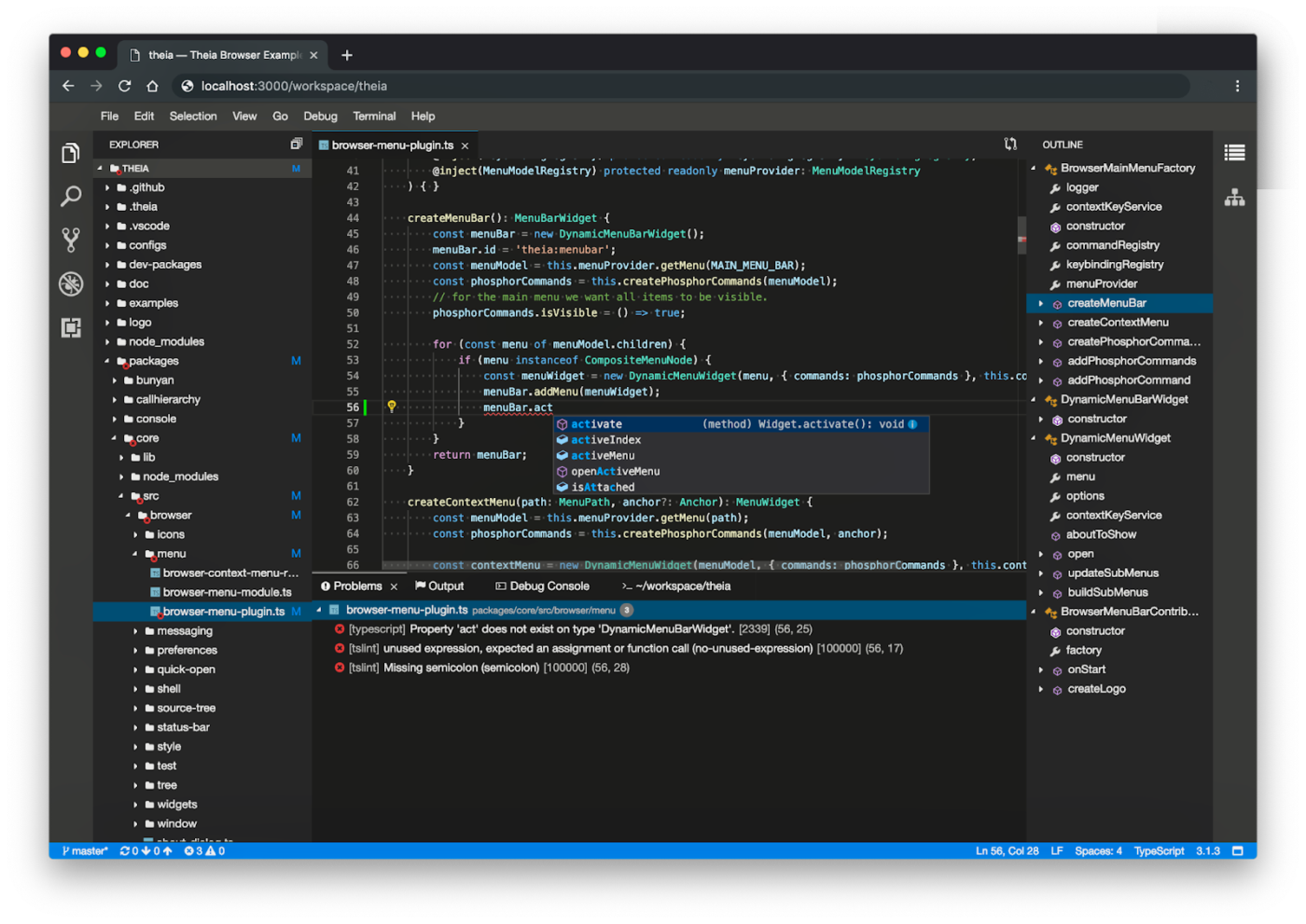
Eclipse is a free, open-source integrated development environment (IDE) that supports multiple programming languages. It offers robust features and an extensive plugin ecosystem, allowing you to tailor the IDE to your specific needs.
You can leverage Eclipse’s built-in debugger to step through your code and identify issues, enhancing your development process.
Here’s what a G2 review has to say about Eclipse:
I found that the auto-completion of the code and the jar files that were automatically added by the eclipse to enhance its functionality were appreciable to me. It is easy to use and no issues are encountered when external packages, databases including SQL databases, and other libraries are interfaced.
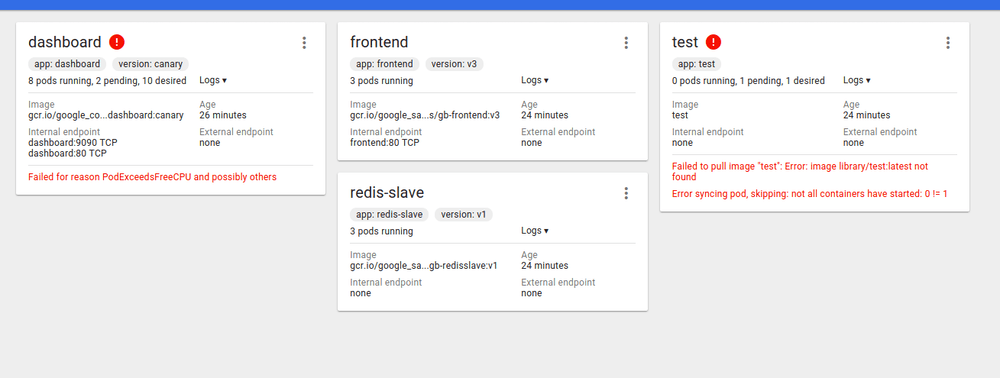
Kubernetes automates the deployment, scaling, and management of containerized applications. It’s known for orchestrating complex application architectures, ensuring your services run reliably.
With Kubernetes, you might deploy a microservices-based application, and it will ensure each service scales appropriately and remains available.
💡 Pro Tip: Ever wondered how AI can supercharge your software development process? Here’s how to use AI in software development and leverage its benefits:
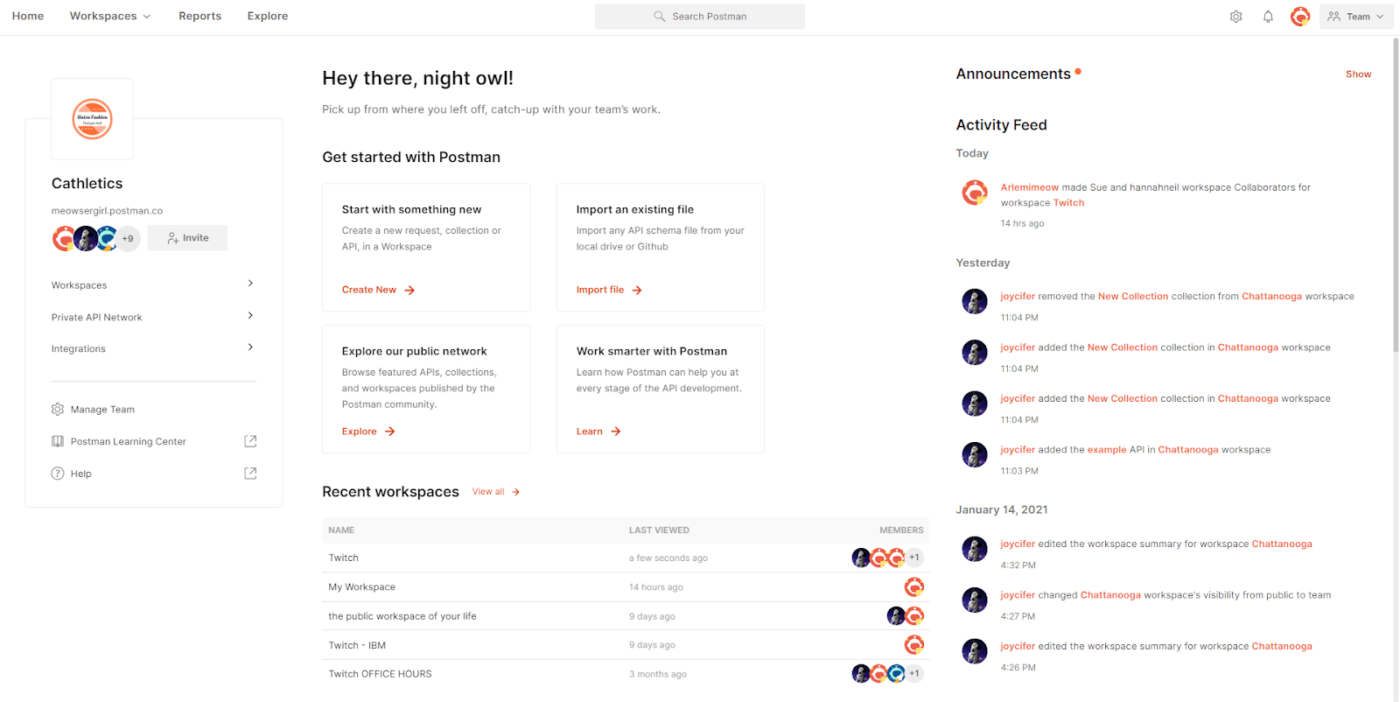
For designing, testing, and documenting RESTful APIs efficiently, choose Postman. It is a collaborative platform for API development with a user-friendly interface and comprehensive feature set.
With Postman, you can create and send HTTP requests, inspect responses, and organize your API workflows as well.
Visual Studio Code (VS Code) is a popular, free code editor developed by Microsoft. It supports many programming languages and offers helpful features like syntax highlighting and code completion.
You can write Python code easily in VS Code and utilize its integrated debugger to identify and fix issues efficiently.
Here’s what a G2 review has to say about Visual Studio Code:
What I like best about the VS Code is its versatality and ease of use. It supports a wide range of programming languages, has an extensive library of extensions, and offers a smooth, lightweight experience without compromising on powerful features like debugging, “Git integration”, etc…,. It makes coding efficient and enjoyable, no matter what the project size is.
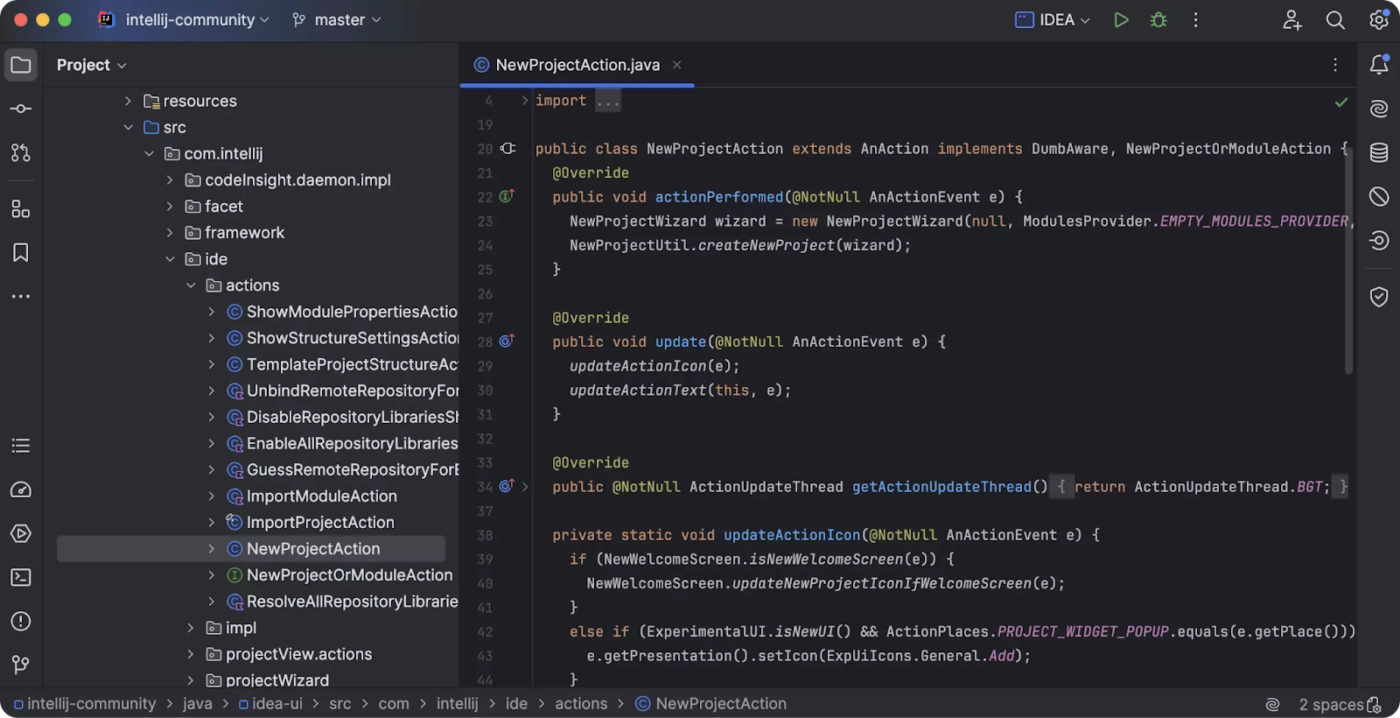
IntelliJ IDEA is a powerful integrated development environment (IDE) primarily designed for Java and Kotlin development. It offers intelligent code assistance and developer-friendly features.
You can leverage IntelliJ IDEA’s smart code completion which suggests relevant code snippets as you type, streamlining your coding process.
💡 Pro Tip: Curious about mastering software project management? Here are key processes to ensure your project’s success:
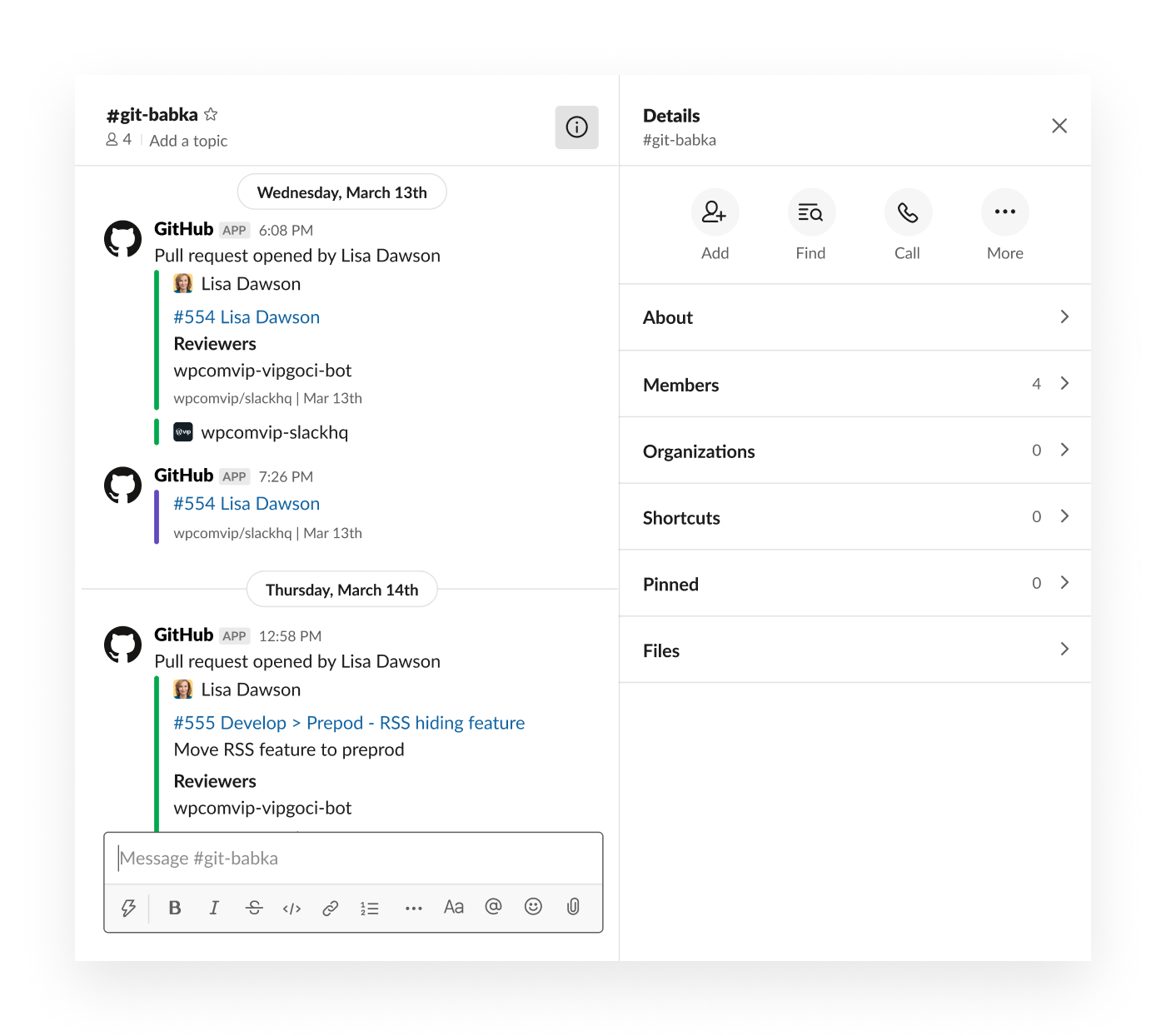
Slack is designed to streamline team communication with real-time messaging, file sharing, and integration capabilities. With Slack, you can create channels for different projects or teams, facilitating organized discussions.
For example, you might set up a channel for a specific project, allowing all related conversations and files to be centralized, and enhancing team collaboration.
📮ClickUp Insight: Over 60% of a team’s time is spent searching for context, information, and action items.
According to research by ClickUp, teams lose precious hours jumping between different tools. To prevent broken communication, integrate messaging into your workflows with a centralized platform that unites project management, collaboration, and communication.
Try ClickUp, the everything app for work.
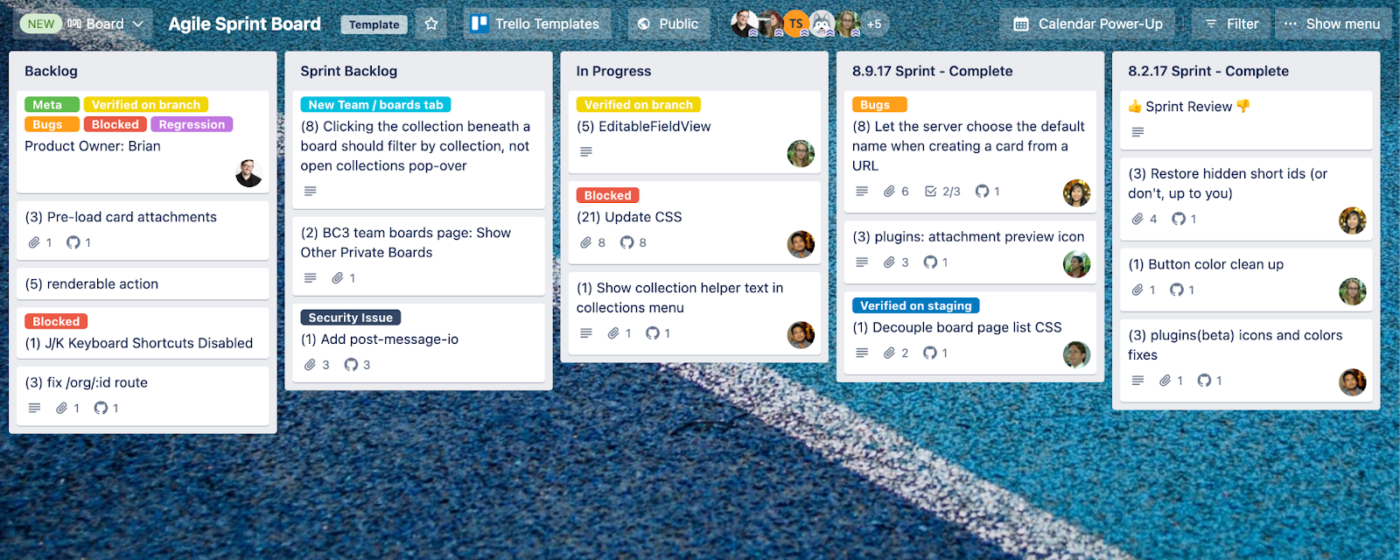
Trello is one of the most popular project management tools with an intuitive drag-and-drop interface that helps you organize development tasks. It lets you create a board for a project, add lists to represent stages and populate them with cards for individual tasks.
For instance, you might have lists like “To Do,” “In Progress,” and “Done,” moving task cards through these stages as work progresses in a software programming project.
Let’s check out what a Capterra review has to say about Trello:
I have used Trello at many workplaces and environments and it has been found to help me be more effective at tracking my personal to-do lists as well as project-based tasks in addition to wider-ranging initiatives. Overall, it helps serve as a second brain in many ways.
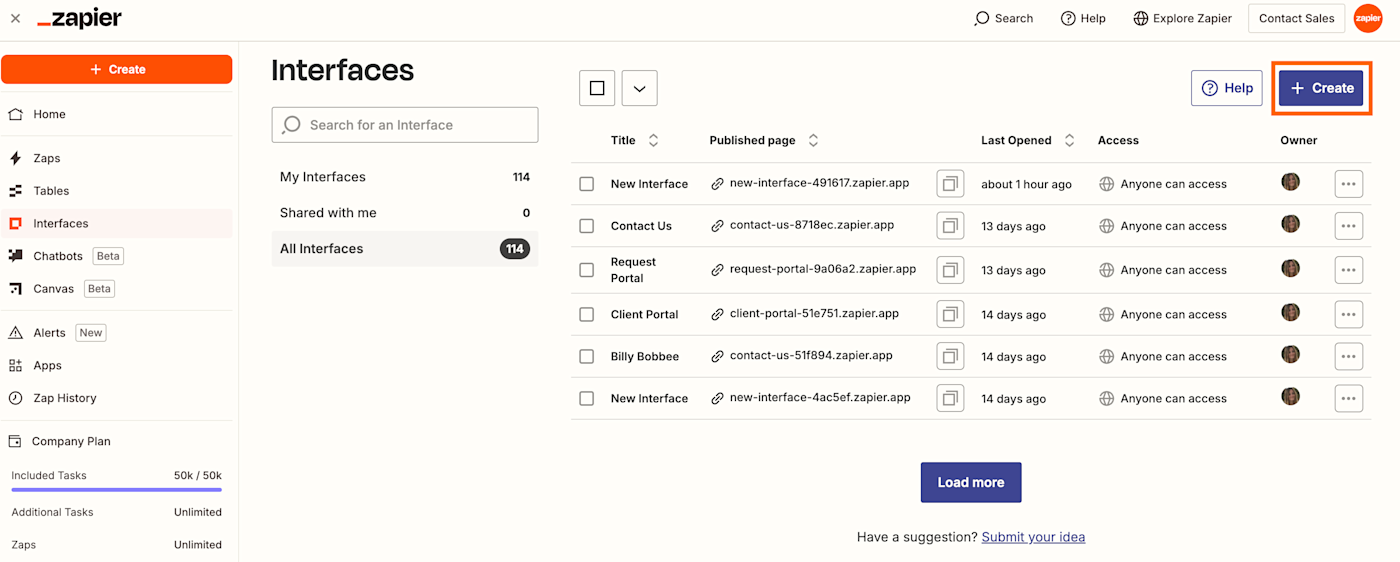
Zapier is an automation tool that connects your favorite apps, streamlining repetitive tasks. By setting up “Zaps,” you can automate workflows without coding.
For instance, when you receive a new email attachment, Zapier can automatically save it to your cloud storage, enhancing productivity by reducing manual effort.
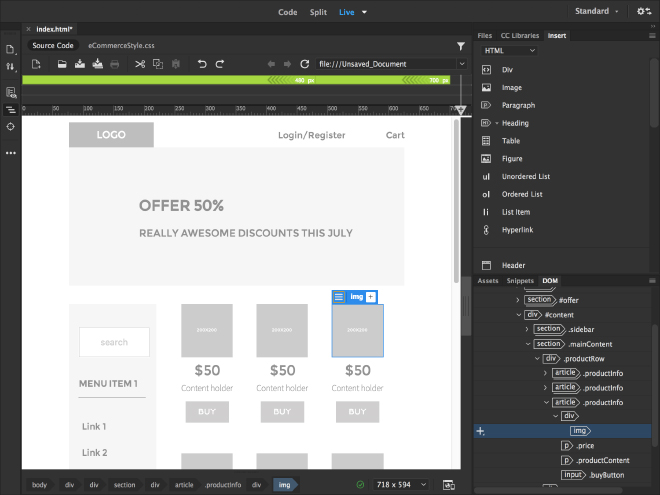
Adobe Dreamweaver combines a code editor with a visual design surface, allowing you to create and edit websites efficiently. Its live preview feature lets you see changes in real-time, ensuring your designs look as intended across devices.
When you adjust your site’s layout, Dreamweaver updates the display instantly, helping you maintain responsive designs and simplifying the development process.
Here’s what a G2 review has to say about Dreamweaver:
Adobe Dreamweaver supports a variety of web technologies, including HTML, CSS, and JavaScript, making it an excellent tool for coding and design modifications. I like the option to work in both Code and Design views at the same time,. Its responsive design capabilities enable users to test how their sites appear on different devices.
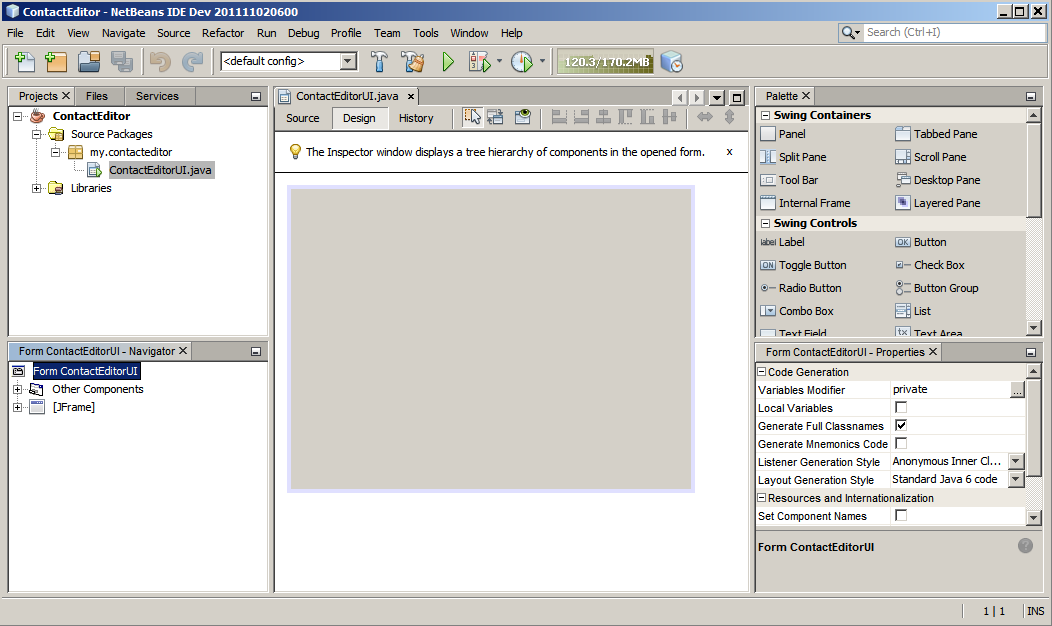
Apache NetBeans is an IDE that supports multiple programming languages, including Java, PHP, and HTML5. It offers a range of tools for software development teams to simplify the development process, such as code templates and project management features.
If you’re working on a Java application, NetBeans provides code suggestions and debugging tools to enhance your productivity.
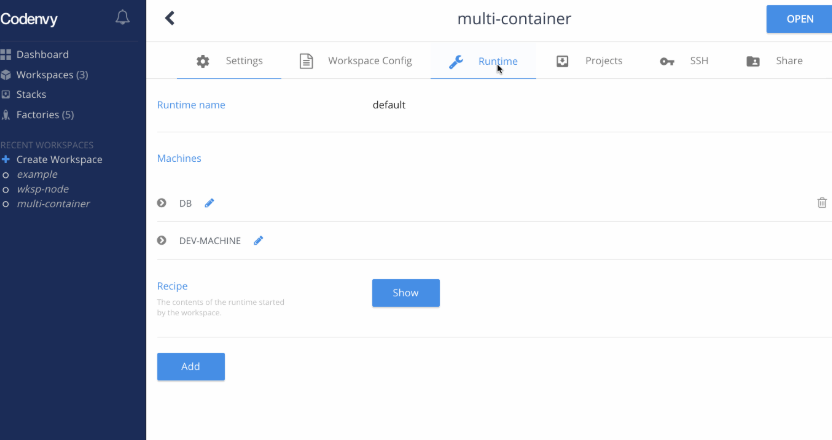
Codenvy is one of the best software development tools that allows you to code, build, and debug applications directly in your web browser. This means you can work from anywhere with an internet connection without installing anything on your local machine.
Its collaboration and integration features are great for remote teams or freelancers who need a portable and collaborative software development environment.
➡️ Read More: Best Automation QA Testing Software Tools
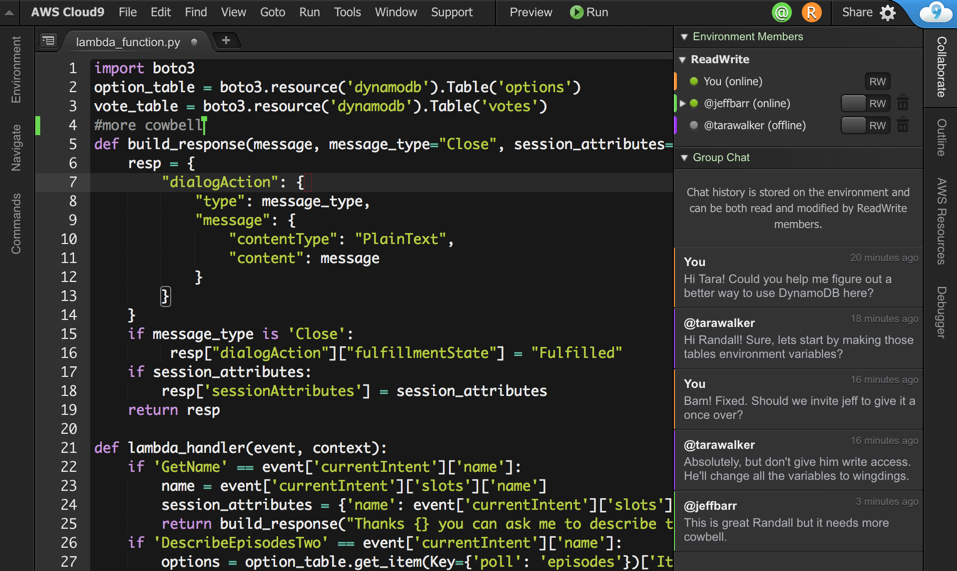
Cloud9 is Amazon’s cloud-based IDE that allows you to write, run, and debug software development code directly in your web browser. Software developers can collaborate and work on the same codebase simultaneously.
If you and your team are developing a Node.js application, Cloud9 provides a pre-configured environment, allowing you to start coding immediately without local setup hassles.
In addition to the different software development tools mentioned above, here are a few more worth noting:
Effective software development hinges on streamlined workflows, clear communication, and efficient collaboration. For coders, developers, freelancers, and remote teams, the right tools are paramount when it comes to delivering high-quality products on time.
The 18 popular software development tools on this list make it easier to streamline coding, bug tracking, and team collaboration. These tools enhance efficiency, improve communication, and simplify complex workflows, helping teams focus on creating great software.
With ClickUp, you can take your development projects to new heights. Manage tasks, plan sprints, track bugs, and integrate with platforms like GitHub—all within one intuitive workspace. Its customizable views, automations, and real-time dashboards help ensure that every part of your workflow stays efficient and organized.
Sign up for ClickUp today and transform the way you manage your software projects! 📈
© 2026 ClickUp